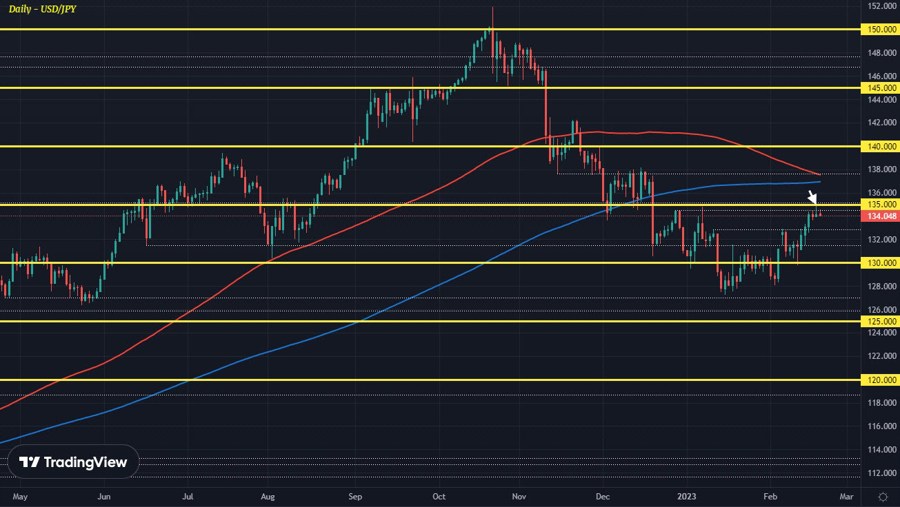Tim Berners-Lee is credited with inventing the World Wide Web in 1989. However, he was unhappy with the way his original vision for the web developed.
Rita Franca | Nurphoto | Getty Images
World Wide Web inventor Tim Berners-Lee called cryptocurrencies “dangerous” and likened them to gambling in an episode of the CNBC podcast “Beyond The Valley” published last Friday.
Referring to the future of the internet, Berners-Lee said digital currencies are “only speculative,” comparing them to the dot-com bubble, where internet stocks, often without a solid business behind them, were highly inflated.
“It’s just speculative. Obviously that’s really dangerous,” Berners-Lee told CNBC. “[It’s] if you want to have fun while gambling, basically.”
“Investing in certain things, which is purely speculative, is not what I want to spend my time on,” he added.
But Berners-Lee said digital currencies could be useful for remittances if they’re immediately converted back to fiat currency upon receipt.
The British computer scientist is credited with inventing the World Wide Web in 1989. However, Berners-Lee was unhappy with the way his original vision for the web evolved. Together with John Bruce, Berners-Lee and his startup Inrupt want to redesign the future of the internet to give people more control over their data. Both spoke to CNBC’s “Beyond The Valley” in a wide-ranging interview about the future of the internet.
Future of Web3
Many proponents have spoken about the future of the Internet in terms of Web3, a catch-all term with no clear meaning. However, proponents often say that this version of the internet is based on blockchain technology, which first emerged with the cryptocurrency Bitcoin. Some say Web3 is a decentralized internet, taking some power away from giants like Facebook and Google.
But Berners-Lee said the future of the Internet is “Web 3.0,” which he differentiates from Web3. Web 3.0 is his own proposal to redesign the Internet.
“It’s not blockchain,” Berners-Lee said, hinting that the technology isn’t fast or secure enough.
Source: www.cnbc.com
Don’t miss interesting posts on Famousbio










